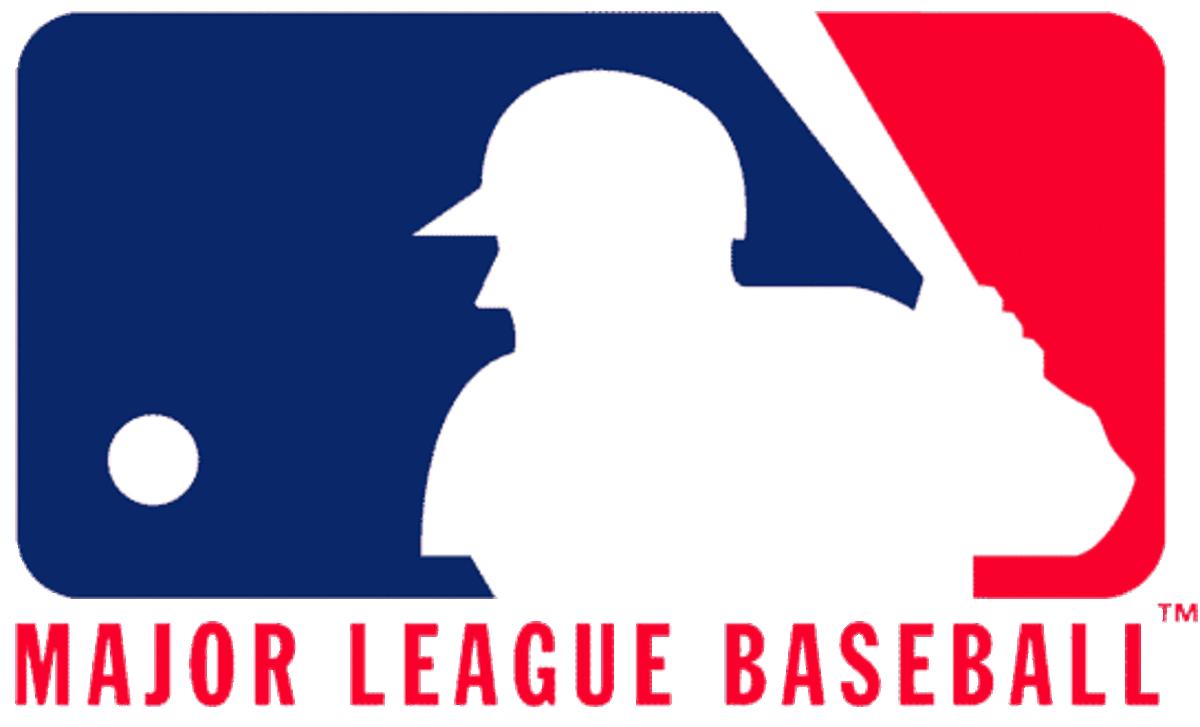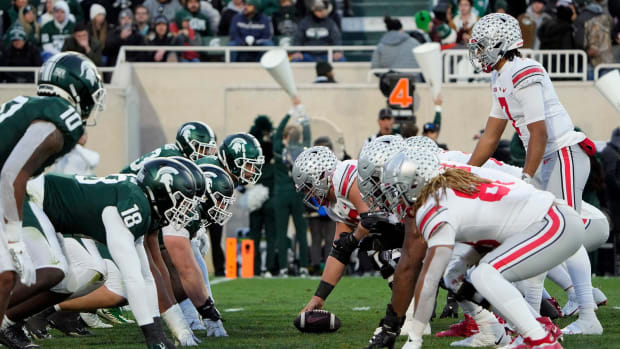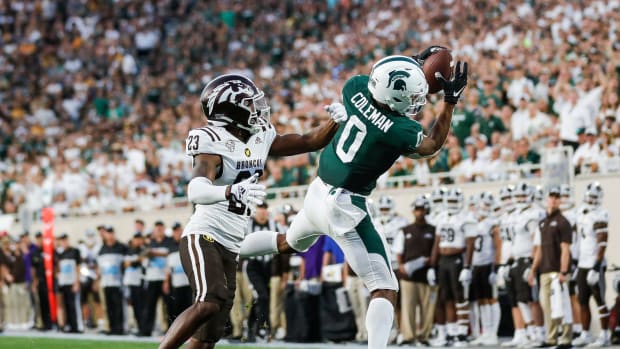
One of Spartan Nation's Readers (Mark Pascaris) Tells the Governor: NOT SO FAST MY FRIEND!
Â
I have a few comments in response to Mike the Governor Henne’s June 23rd, 2010 article “Is Major League Baseball’s Demise on the Horizon?†First, I appreciate Mike’s strong, clear argument; his lack of ambiguity about his true feelings is refreshing.
Â
I will say, however, that Mike seems to confuse opinion and analysis. That is, he is misrepresenting what he hopes to happen with that of an objective review of the facts.
Case in point: “Something else has become evident as well; [soccer] will replace baseball in the pecking order of major sports.†While this may very well happen (as clearly Mike hopes it does), he should support his argument with facts.
Â
Mike begins he argument that baseball will be replaced by soccer by incorrectly stating, “in 2010, baseball is hanging out in fourth place and will continue to plummet over the next thirty years.†This assumes that baseball is in fourth place now, presumably behind the NFL, NBA, and NHL. Again, MLB baseball may be Mike’s least favorite of the so-called “big four†team sports, but that does not mean it’s in fourth place among Americans.
Â
Admittedly, there are a number of methods one could use to measure the comparative popularity of sports, none of which are perfect: average market valuation of each team in each league; television ratings during the regular season; average salary per player adjusted for roster size; etc. Let’s take a look at one objective approach: television ratings during each respective sport’s finals.
Â
Deciding game six of the 2009 World Series between the NY Yankees and Philadelphia Phillies had a TV rating of 13.4 (22 share). This involved the Yankees, which probably skews the data up. True enough; deciding game five of the 2008 World Series between the Phillies and TB Rays yielded a rating of 9.6 (14 share), which was the lowest rated World Series deciding game in the last 10 years.
Â
Compare this to the Stanley Cup finals. Game six of the 2010 Stanley Cup finals -- the most-watched NHL Stanley Cup game since 1974 -- recorded a rating of…4.7 (8 share). That is to say, the highest rated NHL finals game in 36 years had a TV rating of approximately half that of the lowest rated World Series deciding game of the past decade.
Â
Let’s take a look at basketball. The seven games of the 2010 NBA finals between the LA Lakers and Boston Celtics -- the two premier NBA teams historically -- yielded an average rating of 10.9, the highest averaging rating in six years.
Â
The lowest average rating of an NBA finals over the last 10 years was the 2007 series between the San Antonio Spurs and Cleveland Cavaliers, which measured a rating of 6.2, well below the average of the lowest rated World Series over that time in 2008. Not surprisingly, the TV ratings of the Super Bowl are by far the highest, typically yielding a rating of approximately 40 (60 share).
Â
Not convinced? Let’s take a look at a somewhat more subjective approach to measuring a sports’ popularity. Each year, Harris Interactive conducts a poll asking American adults to identify their favorite sport, providing participants with approximately 20 options including pro football, college football, men’s golf, women’s tennis, track & field, etc.
Â
Based on the Harris poll results, pro football is by far the most popular sport in the USA, as 35% of participants identified it as their favorite. In fact, pro football has been #1 for at least 25 years. Guess which sport finished in second place? Baseball, as 16% of participants in 2009 identified it as their favorite sport, three percentage points above 2003 and only two percentage points below 1993, the year before the MLB player strike.
Â
College football placed third with 12%. Men’s pro basketball and hockey placed 5th and 6th, as 5% and 4%, respectively, of adults identified each as their favorite sport. Men’s soccer is 9th with 2%, in-line with boxing and horseracing. As a side note, men’s pro basketball is down significantly from a high of 13% in 1997 and 1998.
Â
On a separate topic, Mike contends, “Baseball is becoming nothing but international players.†At the start of the 2008 season, 28% of MLB players were born outside the USA. While 28% is a significant share to be sure, it is far short of “nothing but international players.â€
Â
Again, I appreciate that Mike prefers soccer to MLB baseball. Soccer is a great sport and Mike certainly is entitled to his opinion. Is it possible that soccer will overtake baseball in popularity in the US? Sure it is. Changing demographics, increasing globalization of the economy, and other socio-demographic factors may increase the appeal of soccer to Americans significantly over the next 30 years. As I think I have demonstrated, however, soccer likely would pass the NBA and NHL in popularity well before matching MLB baseball.





